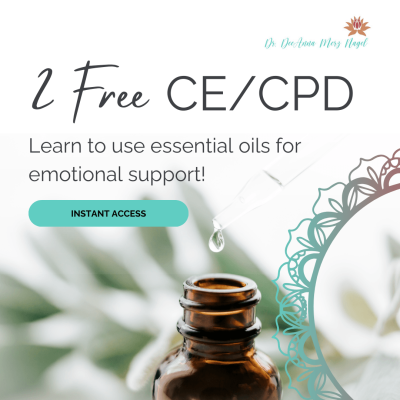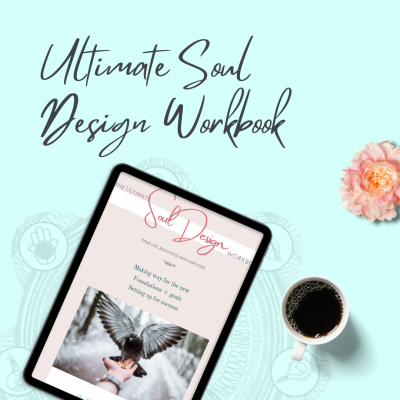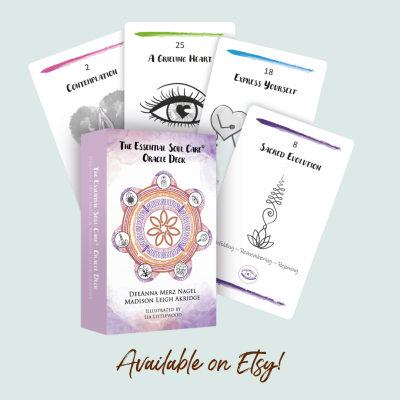 I am. It’s sorta like an imprint. An early imprint. My parents were from different ethnic and religious backgrounds. My paternal grandmother spoke broken Greek-lish and my maternal grandmother spoke deep south while possessing qualities of a seer. I was raised in a small town in Central Florida (no small towns exist there now), and I always stood out as a little “different.” I looked a little different and I was a wallflower. Those seer qualities were passed down to me too. I was that child who appeared to be a bit “touched,” more familiar with my sixth sense than the five senses. These are the main ways I embody difference and diversity.
I am. It’s sorta like an imprint. An early imprint. My parents were from different ethnic and religious backgrounds. My paternal grandmother spoke broken Greek-lish and my maternal grandmother spoke deep south while possessing qualities of a seer. I was raised in a small town in Central Florida (no small towns exist there now), and I always stood out as a little “different.” I looked a little different and I was a wallflower. Those seer qualities were passed down to me too. I was that child who appeared to be a bit “touched,” more familiar with my sixth sense than the five senses. These are the main ways I embody difference and diversity.
Disability Studies
When I went to grad school my studies focused on vocational rehabilitation counseling which was all about championing people with disabilities to do and be all that they dreamed of doing and being. That academic imprint was huge. I have invisible disabilities myself (lymphedema – born with it, and sarcoidosis- from exposure to black mold). I appreciate that my background and education have afforded me a lens that understands disability as diversity.
White Privilege
But I can’t rest on my laurels. There is white privilege and all that comes with that. I am privileged, to be sure. When white privilege became a major part of the discourse, I admit, I had to read and study and discuss and catch up. I recommend Dr. Teri Ott’s book, Necessary Risks: Challenges Privileged People Need to Face. You can also watch this podcast interview with Teri Ott- Cedric Speyer and myself asking the questions~ Facing our Fears as Privileged People: A Social Justice Challenge:
Pronouns
Again, I admit that for me, this was a bit of a learning curve. I was a supporter from the beginning, but I did have to learn how to use pronouns properly. It wasn’t because the concepts were lost on me. Pronouns are yet another way to express identity. I get that. I have been an LGBTQIA+ advocate since before the acronym existed. I find myself in the group in my own distinct way, considering myself bi. I never came out publicly because over 30 years ago in the deep south, well, you know the drill. I struggled with labels. I struggled with being part of a religion that didn’t fully accept who I am, and I changed denominations as part of my own grappling with identity (now I identify as spiritual rather than religious- I believe in the diversity of spirit).
Lifelong Learning
In the spirit of remaining relevant, keeping my finger on the diversity pulse, and indicating to my audience that I DO take inclusion seriously, I recently took a couple of courses. I recommend these courses to anyone- not just individuals required to study such subject matter, but anyone who wants to understand what diversity and inclusion is all about.
Neurodiversity
The first course, was Florida State University’s Professional Certification in The Fundamentals of Neurodiversity. The curriculum was created by the Clearinghouse on Trauma & Resilience at the Institute for Family Violence Studies within the College of Social Work. This course offers an in-depth study of the topic designed to educate multidisciplinary professionals and policymakers about the individual and systemic factors that influence resilience and well-being, all through the lens of neurodiversity.
This course provides a solid foundation of knowledge on neurodiversity and practical strategies for supporting neurodivergent individuals across all age groups. It equips participants with the understanding and skills necessary to meet the needs of neurodivergent individuals and adapt critical processes and systems to enable their success.
DEI in the Workplace
The second course was a very short but powerful overview of DEI in the workplace: Diversity, Equity & Inclusion (DEI) Training & Certification, meeting OSHA and EEOC standards but suitable for anyone interested in the topic.
You know I am firm believer that learning is a lifelong endeavor! We are never done. And as an educator and psychospiritual teacher, it is my moral and ethical responsibility for me to keep it up!
Strength lies in differences, not in similarities. ~Stephen Covey





